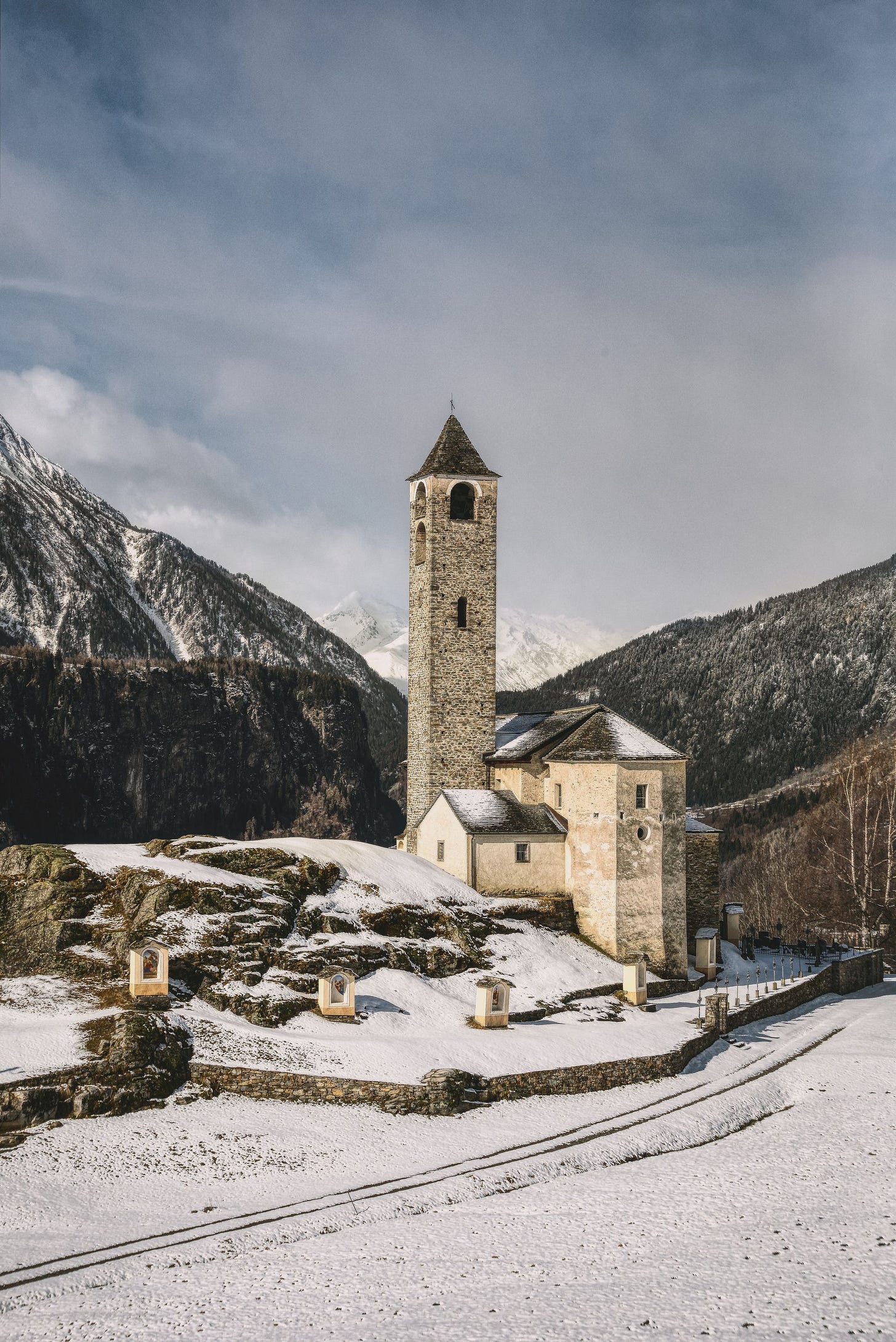Ouster
Crusades, coups, & counting cash
Plenty of lands were complete without castles. The mountain kingdom of Riorche, however, boasted seventy such monstrosities poisoning the surrounding woodlands with their attendant detritus.
When King Leapell returned from his first diplomatic mission abroad, he had been vocal about the need to retire the antiquated fortresses, and consequently many otherwise-serene landed ladies spent many summer nights — and even more syllables — eloquently lamenting the obvious decline of his faculties and therefore, inevitably, his family's dynasty. Within five years, a new king stood before the grand board of Riorch's royal keys, and vowed that he would, of course, uphold the sacred duties of his family line and defend the heritage of his people.
The woodlands survived; the new king's sole innovation was a tax on trash, and he used the revenues to sponsor several lovely serenades.
Afterword
Historically I've avoided learning too much about the knights-and-castles era of history because I feel like it's sort of the standard baseline of fantasy fiction and the historical depths of the time period have already been pretty well-plumbed, but I'm preparing to teach AP World History which means my research is more bounded by professional needs than usual.
The AP World curriculum starts out with a survey of world religions, which I'm pretty well-versed in – religious studies was my 'minor' in college – before jumping into East Asian technological developments, which I'm reasonably familiar with. That lesson is followed by Dar al-Islam, which is a phrase I'd somehow never heard before, although I'm familiar with the idea that there is a predominantly-Muslim region of the world.
In searching for good resource on the rise of Islamic states, I discovered a fantastic encyclopedia article about the Mamluk Sultanate, which I had also never heard of. The article starts off with this puzzling line:


